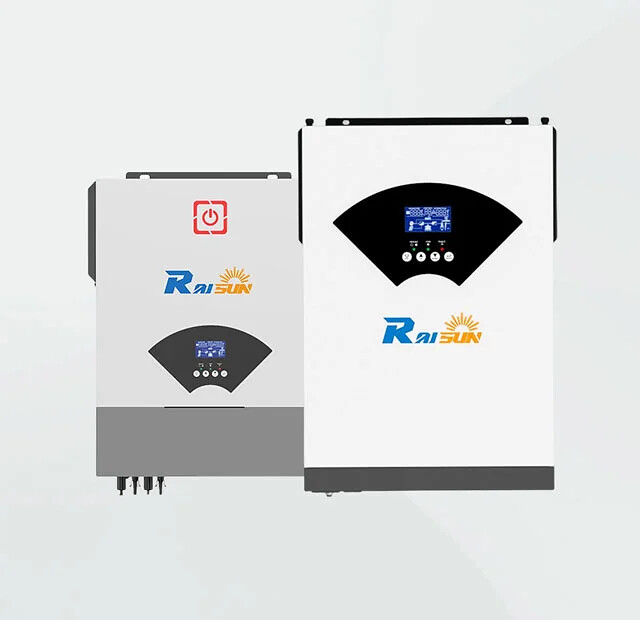Title: The Role of a PCB Manufacturer in Electronics Manufacturing
In the world of electronics manufact

uring, one crucial aspect is the involvement of a PCB manufacturer. A PCB fabricator plays a vital role in circuitry production and is often regarded as an Electronics Manufacturing Service (EMS) provider or a circu

itry production firm. In this article, we will delve into the various aspects related to PCB manufacturers and explore their manufacturing methods, characteristics, advantages, usage guidelines, tips for selecting the right supplier, and draw a conclusion based on our findings.
The process of manufacturing printed circuit boards involves intrica PCB company te steps that require expertise and precision. A competent PCB manufacturer utilizes advanced technologies like surface mount technology (SMT) or through-hole technology (THT) to create these essential co Electronics manufacturing service provider (EMS) mponents used in electronic devices. The utilization of automation helps improve efficiency and ensure accuracy during assembly operations.
PCB fabrication possesses distinctive traits that differentiate it from other forms of electrical component production processes. The most notable features include compactness, durability, flexibility to accommodat PCB manufacturer e complex designs or layouts (especially rigid-flex PCBs), higher signal integrity due to precise trace routing techniques on multiple layers with minimized interference between circuits.
One advantage offered by professional EMS providers acting as circuitry production firms is their capacity to meet customized r PCB factory equirements promptly while adhering to quality standards set forth by international organizations such as ISO or ROHS directives. PCB fabricator Additionally, leveraging economies of scale enables cost-effective mass production capabilities resulting in reduced per-unit costs for clients.
To utilize PCBs manufactured by reliable suppliers effectively:
1. Understand your project’s specific requirements: Determine whether you need single-layered circuits versus multi-layered ones.
2. Assess the quality control measures implemented by potential suppliers: Veri Rigid-flex PCB supplier fy if they comply with industry certifications like IPC Class 2 or Class 3 standards.
3. Consider communication support availability: Ensure efficient two-way communication channels exist for accurate information exchange.
4.Evaluate manufacturers’ design capabilities alongside their technical expertise.
5. Acquisition costs PCB manufacturer should be weighed against lead times and the expected quantity required.
6. Request samples to assess product quality before entering into a partnership.
In conclusion, PCB manufacturers play an integral role in electronics manufacturing. EMS providers or circuitry production firms offer high-quality so Circuitry production firm lutions meeting clients’ customized needs with cost-effective mass production capabilities when compared to in-house manufacturing facilities. Selecting the right PCB supplier involves evaluating design capabilities, adherences to industry standards, communication su PCB manufacturer pport availability, acquisition costs, and product quality assessments through requesting samples.
By understanding the significance of choosing a reliable PCB manufacturer, one can ensure seamless integration of their electro

nic components within diverse applications ranging from consumer electronics products to complex industrial systems.
